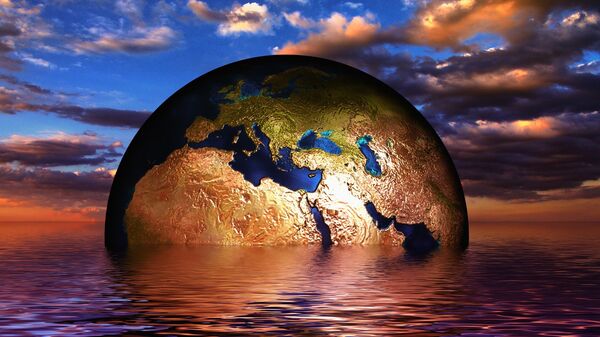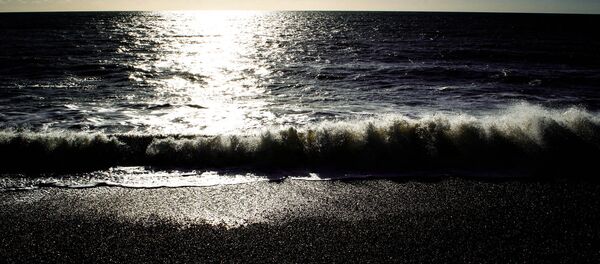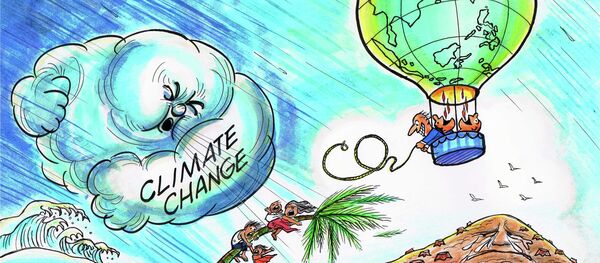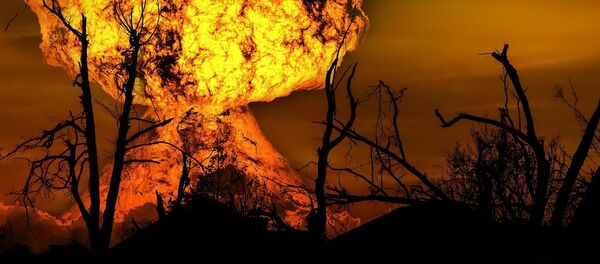The melomys, similar in appearance to a reddish-brown rat, was known to live only on Bramble Cay, a cay, or small island, some 340 meters long and 150 meters wide, between Australia and Papua New Guinea.
The bramble Cay melomy is the first known species to go exist as a result of climate change. pic.twitter.com/9NKPleOPBj
— Joshua Goodfield (@joshuagoodfield) June 14, 2016
A report conducted by Queensland researchers revealed that there are no melomys left on Bramble Cay today, and advised that the status of the mammals be changed in all records from “endangered” to “extinct.” To reach the conclusion scientists set 150 humane traps across the cay over a six night period in 2014. At the end of the experiment, they had failed to catch a single member of the species.
Attempting to understand the disappearance of the mammals, scientists scrutinized the conditions on the island. They found that the liveable area on the cay, not routinely swept by high tides, shrank by half between 1998-2014, also finding that vegetated areas crucial for the melomys diet had decreased by 97% in the last decade of the animals’ existence.
Global warming has led to an increase in ocean levels by some 20 cm in the 20th century. But in the Torres Strait, sea levels have increased at twice the rate compared to the average during the last 20 years. The pace of warming is deemed as unprecedented, and has been caused by human activities, according to the report, published on the Queensland government website.
“Significantly, this probably represents the first recorded mammalian extinction due to anthropogenic climate change.”
As scientists declared the Bramble Cay melomys extinct, the Queensland government announced that it would not make any attempts for a recovery of the species.
Brambles Cay is also home for other endangered species, including green turtles and several seabirds. According to Australian ecologist John White, these threatened species could also soon be extinct.
“I am of absolutely no doubt we will lose species due to the increasing pressures being exerted by climate change,” he said. “Species restricted to small, low lying islands, or those with very tight environmental requirements are likely to be the first to go.”
According to another study by scientists at Sapienza University in Rome, up to a third of all mammals currently living on Earth will die out due to global-warming sea rise caused by climate change.





